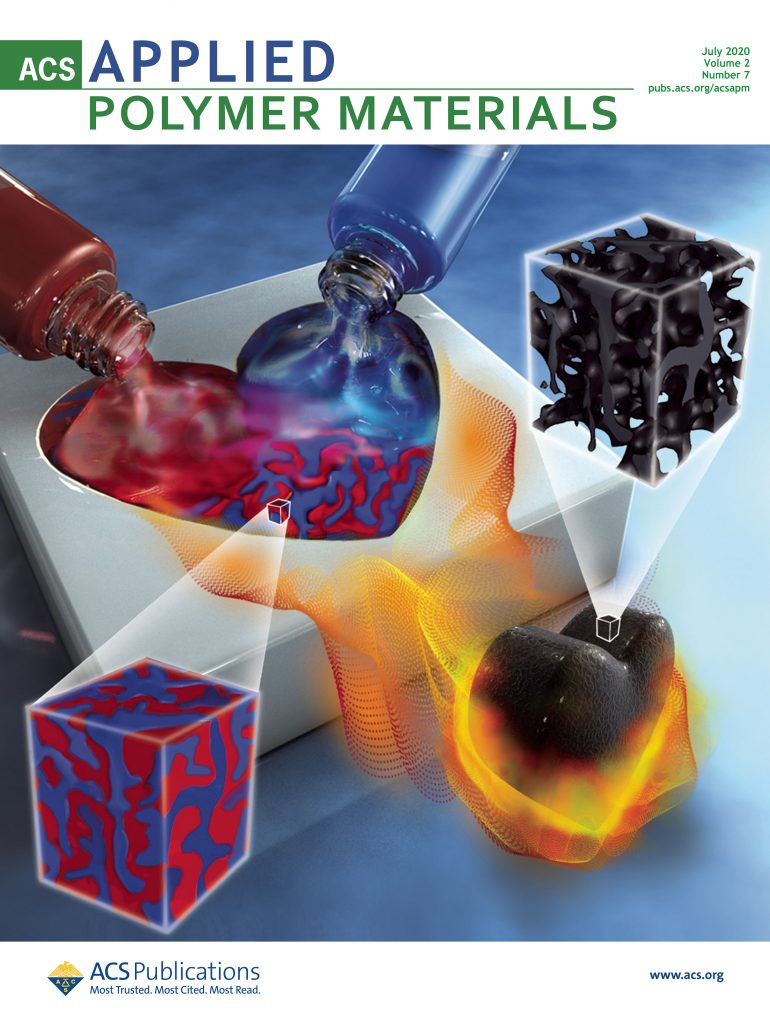基于深度散列的可取消多重生物特征模板保护
IF 4.4
2区 化学
Q2 MATERIALS SCIENCE, MULTIDISCIPLINARY
引用次数: 0
摘要
越来越多地使用多种生物识别技术进行身份验证,这引起了人们对生物识别模板安全性的关注。目前已经提出了许多基于卷积神经网络的模板保护方法,但大多数方法都需要在认证准确性和模板安全性之间做出权衡。在本文中,我们提出了一种可取消的多生物特征模板保护方案,它将深度散列与可取消的保距离加密(CDPE)相结合,在不降低身份验证性能的情况下提供了很高的模板安全性。具体来说,设计了一种基于深度散列的架构,可最大限度地减少量化损失,从而将人脸和虹膜特征映射为二进制代码。接下来,CDPE 被提出来生成一个受保护的模板,该模板给定了人脸二进制代码和从虹膜二进制代码中获得的用户特定密钥,它保留了受保护域中原始模板之间的距离,以确保认证性能与未受保护的系统相当。为了进一步提高安全性,还存储了代替密钥的数字锁,在验证过程中可以通过真正的生物特征解锁,从而获得正确的密钥。在真实人脸和虹膜数据集上的理论和实验结果表明,我们的方案可以实现 0.23% 的等效错误率和 97.54% 的真实接受率,同时保证受保护模板的不可逆转性、可撤销性和不可链接性。本文章由计算机程序翻译,如有差异,请以英文原文为准。
Deep Hashing Based Cancelable Multi-Biometric Template Protection
The increasing use of multi-biometric authentication has raised concerns about the security of biometric templates. Many template protection methods based on convolutional neural network have been presented, but most involve a trade-off between authentication accuracy and template security. In this paper, we present a cancelable multi-biometric template protection scheme that combines deep hashing with cancelable distance-preserving encryption (CDPE), which provides high template security without degrading the authentication performance. Specifically, a deep hashing based architecture that minimizes the quantization loss is designed to map face and iris traits to binary codes. Next, CDPE is proposed to generate a protected template given the face binary code and a user-specific key obtained from the iris binary code, which preserves the distance between original templates in the protected domain to ensure authentication performance equivalent to unprotected systems. Digital lockers instead of the key are stored to further enhance the security, which can be unlocked with genuine biometric traits to get the correct key during authentication. Theoretical and experimental results on real face and iris datasets show that our scheme can achieve equal error rate of 0.23% and genuine accept rate of 97.54%, while guaranteeing irreversibility, revocability and unlinkability of protected templates.
求助全文
通过发布文献求助,成功后即可免费获取论文全文。
去求助
来源期刊

ACS Applied Polymer Materials
Multiple-
CiteScore
7.20
自引率
6.00%
发文量
810
期刊介绍:
ACS Applied Polymer Materials is an interdisciplinary journal publishing original research covering all aspects of engineering, chemistry, physics, and biology relevant to applications of polymers.
The journal is devoted to reports of new and original experimental and theoretical research of an applied nature that integrates fundamental knowledge in the areas of materials, engineering, physics, bioscience, polymer science and chemistry into important polymer applications. The journal is specifically interested in work that addresses relationships among structure, processing, morphology, chemistry, properties, and function as well as work that provide insights into mechanisms critical to the performance of the polymer for applications.
 求助内容:
求助内容: 应助结果提醒方式:
应助结果提醒方式:


